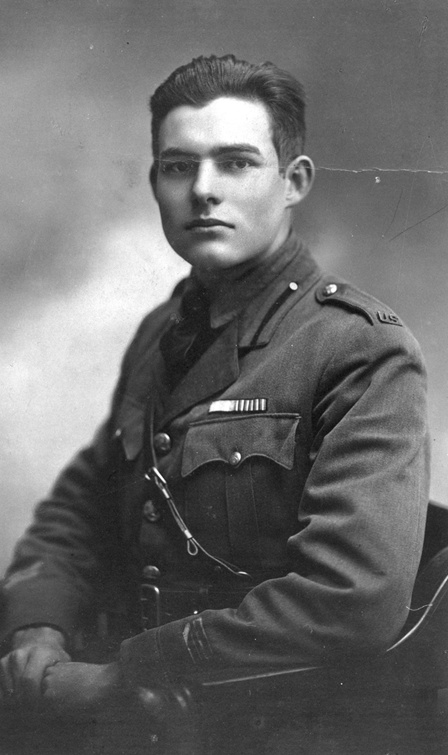Una lezione di antiretorica: Hemingway e gli scrittori italiani
DOI:
https://doi.org/10.13133/2532-1994_3.1_2019Abstract
Since the late Thirties, Hemingway starts being appreciated in Italy as the most powerful interpreter of the vitality of American modernism, both by an increasingly large audience, and by a considerable number of writers. Thanks to its style distant from the rhetoric of militarism, in the immediate aftermath of World War II, A Farewell to Arms becomes an aesthetic and political model for writers like Pavese and Vittorini, as well as for a promising younger author like Italo Calvino. Hemingway's success is largely due to his spare and reticent narration—a perfect mode to convey the existential void generated by the absurdity of war.References
Briasco, Luca. Retoriche del conflitto. Identità, amore e guerra in A Farewell to Arms di Ernest Hemingway. Roma: Lozzi & Rossi Editori, 2001.
Calvino, Italo. "La mia città è New York". In Rubeo Ugo. Mal d'America. Roma: Editori Riuniti, 1987.
Calvino, Italo. "Hemingway e noi", in Saggi. vol I. Milano: Meridiani Mondadori, 1995.
Fiedler, Leslie. Waiting For The End. New York: Stein and Day, 1970.
Gramsci, Antonio. Quaderni del carcere. vol. II, a cura di V. Gerratana. Torino: Einaudi, 1975.
Hemingway, Ernest. Addio alle armi (tr. it. F. Pivano). Milano: Mondadori, 1949.
Moravia, Alberto. "Due uova al piatto". In Mal d'America, Ibid.
Pavese, Cesare. "Ieri e oggi", L'Unità, 3 agosto 1947
Pasinetti, Pier Maria. "Il mal d'America". Ibid.
Soldati, Mario. "Uno scrittore di lingua inglese". Ibid.
Downloads
Published
How to Cite
Issue
Section
License

Except where otherwise noted, the content of this site is licensed under a Creative Commons Attribution 3.0 Unported License.


